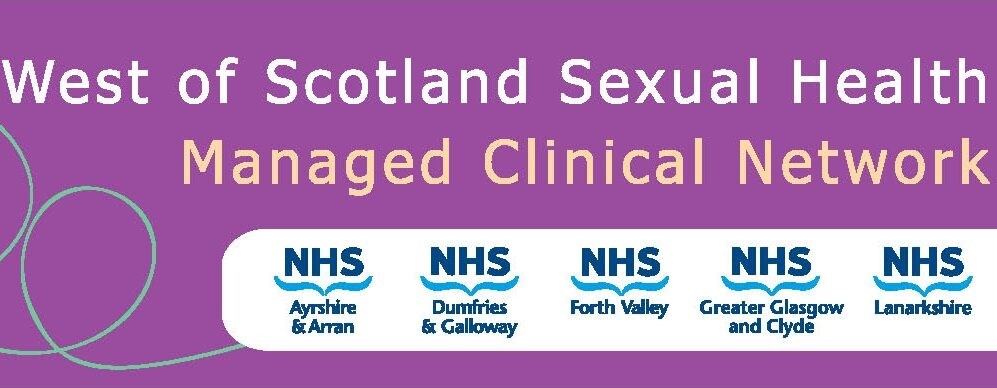What's New
There are no significant updates to this Guideline since the last update.
Key Points
Clients affected by substance misuse may have difficulties prioritising their own healthcare and some will have difficulties adhering to some contraceptive methods and a LARC method is likely to be the most appropriate option.
For vulnerable clients, sharing information with relevant professionals, e.g. risk of pregnancy, cannot be emphasised strongly enough and this should be discussed with clients. They can be offered referral for preconception counselling and supported to involve their key worker/social worker in the event of a pregnancy.
Clients affected by drugs or alcohol who can consent to treatment, should be given the same care as any other client. Due to their sometimes fluctuating mental states it is especially important to ensure that, at the time of consent to treatment, they are fully aware of all the implications and that this is documented clearly. On rare occasions where a client appears to be incoherent, but has presented for advice, the case and management should be discussed with a senior colleague.
All patients should be offered regular sexual health testing i.e. HIV, syphilis, gonorrhoea and chlamydia. Some drug users may also require testing for hepatitis B & C and some may require vaccination for hepatitis B. Consideration should be given to HIV outbreaks in larger board areas amongst people who inject drugs (PWIDs).
